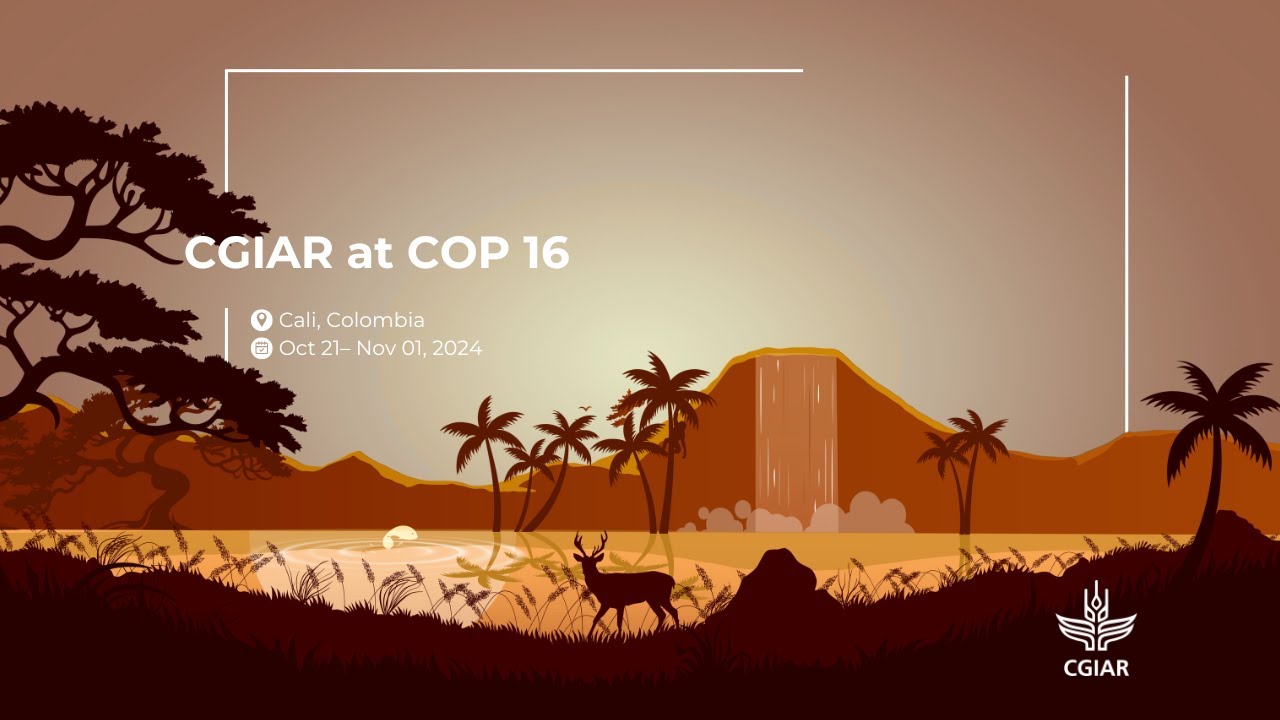
Agrobiodiversity is essential to the resilience and sustainability of our food systems and biodiversity, making it a critical component in achieving the goals and targets of the KM Global Biodiversity Framework. Diverse crops and farming practices not only enhance food security but also strengthen ecosystems, increasing their adaptability to climate change and other environmental challenges. By preserving and utilizing a wide range of plant genetic resources, we safeguard the foundation of global food security and contribute to the broader objectives of the CBD, including the conservation of biodiversity, the sustainable use of its components, and the fair and equitable sharing of benefits.
In this context, farmers play a pivotal role as the primary custodians of agrobiodiversity, and in particular of seed genetic diversity. Their knowledge, practices, and stewardship of diverse crop varieties are crucial for the conservation and sustainable use of genetic resources. Recognizing and protecting indigenous peoples and local communities (IPLCs) rights over these resources is vital to sustaining their role as guardians of biodiversity. By supporting IPLCs rights, we ensure that they have the freedom to save, use, exchange, and sell seeds—an essential practice for maintaining agrobiodiversity – and that they are rewarded for this.
Objective:
-Underscore the role of agrobiodiversity, especially through seed systems and seed saving networks, for the conservation and sustainable use of biodiversity, including the plant genetic resources
-Bring cross-regional experiences to reflect on how to:
-Promote and implement IPLCs’ and natures rights into the future, considering essential aspects such as, i.e. access and benefit sharing
-Ensure the just and fair participation of seed custodian networks in decision-making processes regarding the conservation and sustainable use of agrobiodiversity at various levels (municipality, state, country, global)
source






